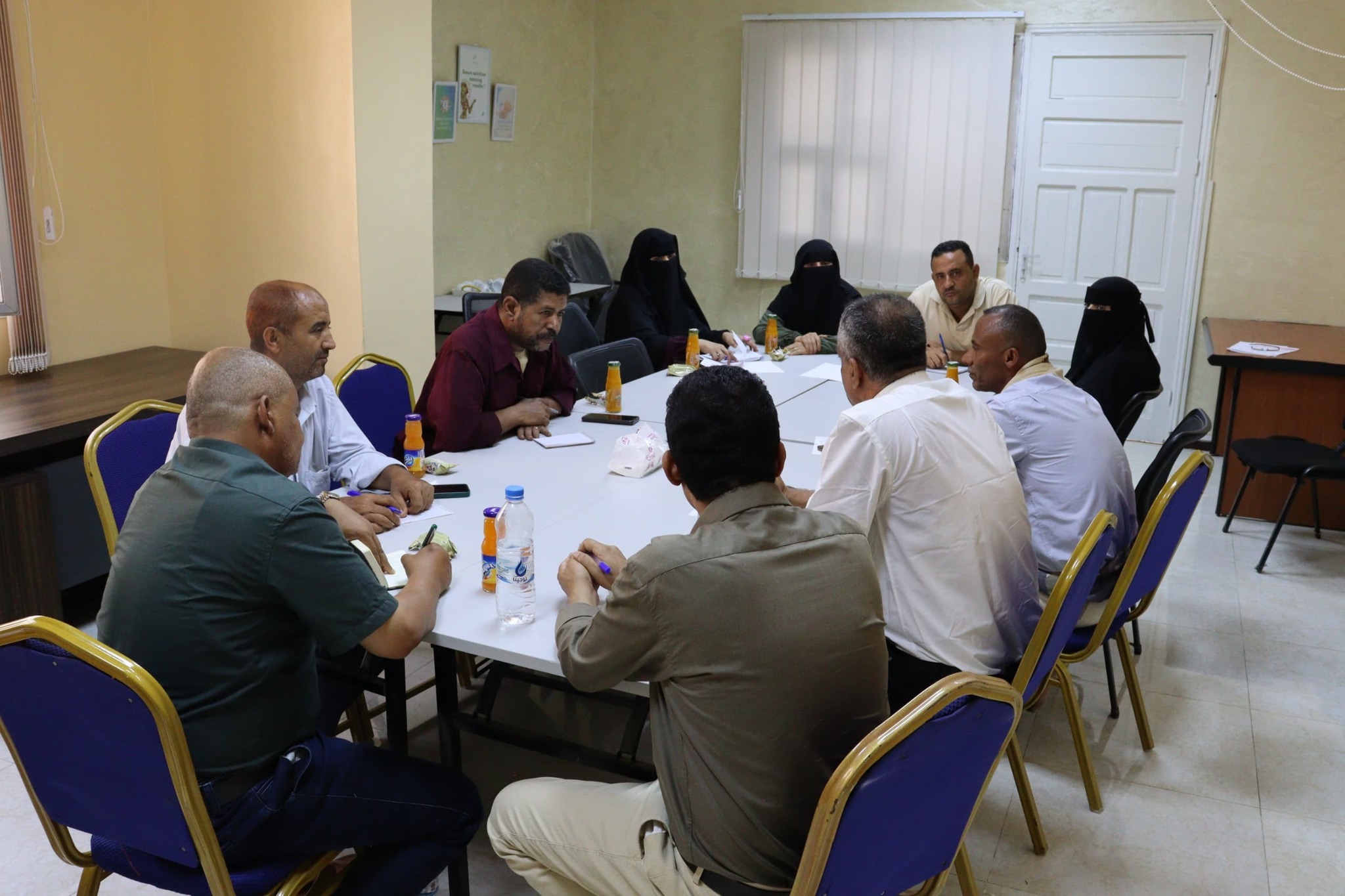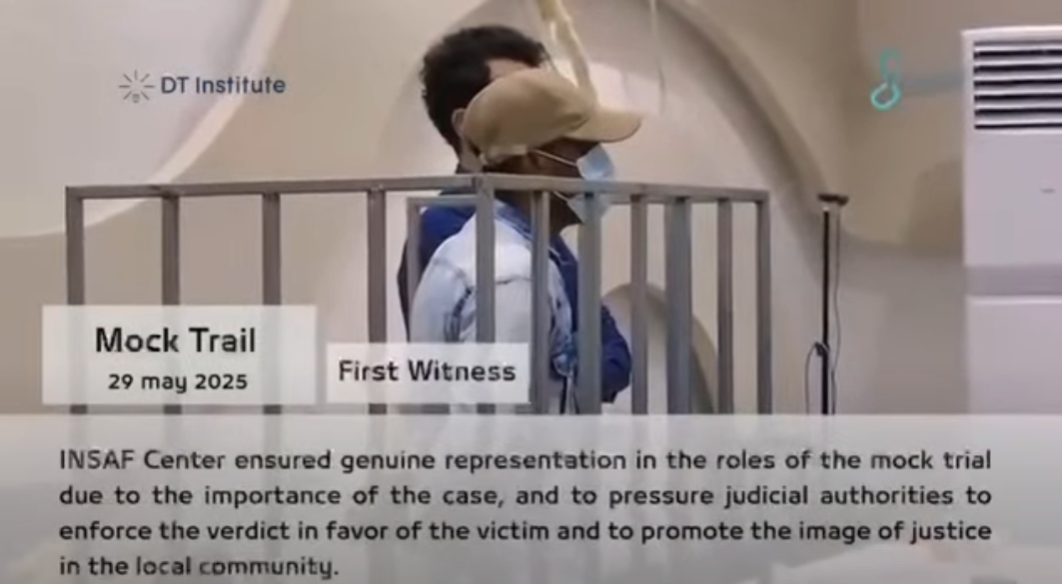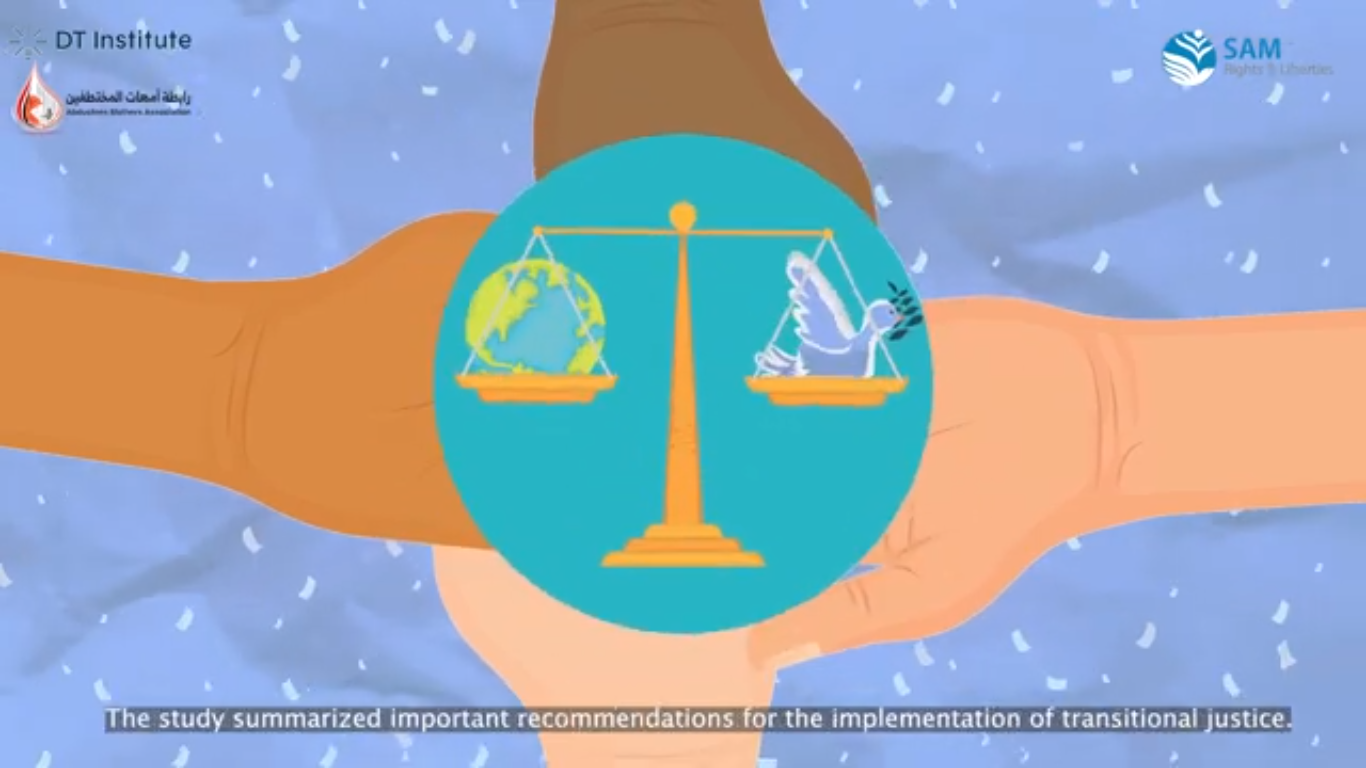In Marib Governorate, Yemen, internally displaced persons (IDPs) face profound psychological challenges exacerbated by prolonged conflict and harsh living conditions. Ibrahim Marish’s report underscores the stark reality for families like Um Masoud’s, where displacement has not only stripped them of their homes but also shattered their mental well-being. With inadequate access to mental health services and a severe shortage of specialists, many IDPs endure untreated psychological trauma, leading to issues like depression and anxiety. The situation demands urgent attention and coordinated efforts from humanitarian organizations and government bodies to establish essential psychiatric facilities and bolster mental health support programs. Addressing these critical gaps is vital not only for immediate relief but also for fostering resilience and restoring hope among those displaced by Yemen’s ongoing humanitarian crisis.
Read the full blog at:
An Arabic copy is available at:




